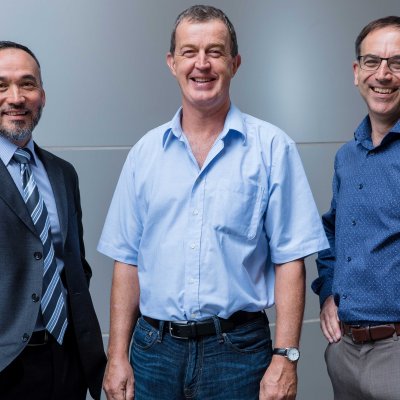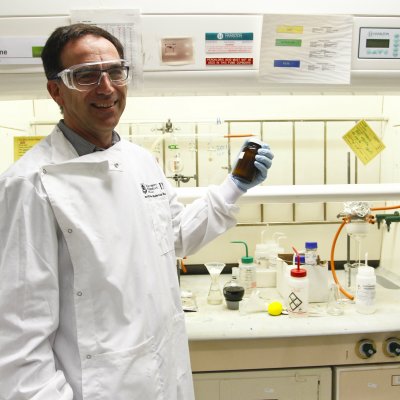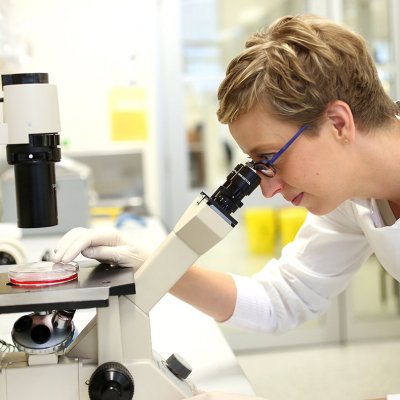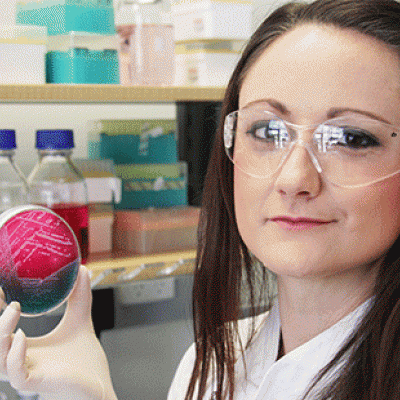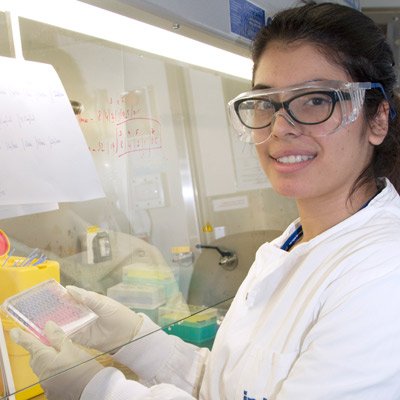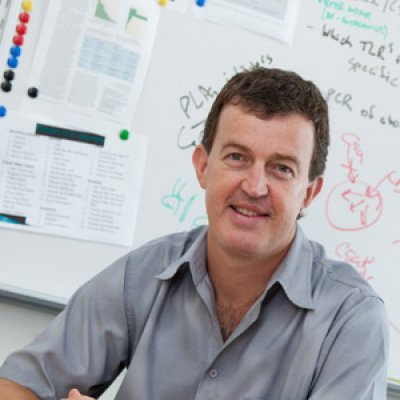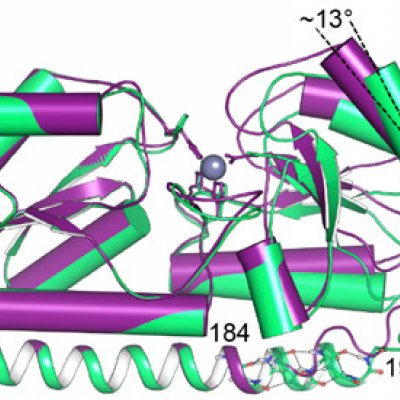Antibiotics discovered at The University of Queensland will be fast-tracked under a $A16 million international research deal.
23 June 2020An old drug supercharged by UQ researchers has emerged as a new antibiotic that could destroy some of the world’s most dangerous superbugs.
5 January 2018Inflazome Ltd, a company founded on research from The University of Queensland (UQ) and Trinity College Dublin, has closed a Series A financing round of up to €15 million (A$22 million).
12 September 2016A young superbug researcher at The University of Queensland is seeking public support in her bid to win the Centenary Institute’s Lawrence Creative Prize people’s choice award.
25 August 2015A University of Queensland research team has been awarded a grant from The Michael J. Fox Foundation for Parkinson’s Research to target brain inflammation in people with Parkinson’s disease.
6 March 2015We’ve heard a lot lately about superbugs – bacteria that are resistant to current antibiotics. But as the threat of superbugs continues to rise, the number of new treatments available has flatlined. This has placed us dangerously close to the edge...
14 January 2015While many students took a well-earned break over summer, Brisbane woman Cindy Bermudez spent her holidays studying plants, bacteria and fungi in an effort to find treatments for infectious diseases.
4 March 2014Researchers have developed a new method for rapidly measuring the level of antibiotic molecules in the blood and how they work against bacteria, paving the way for personalised treatments for bacterial diseases.
3 March 2014Australian researchers have found that zinc can ‘starve’ one of the world’s most deadly microbes by preventing its uptake of an essential metal.
13 November 2013